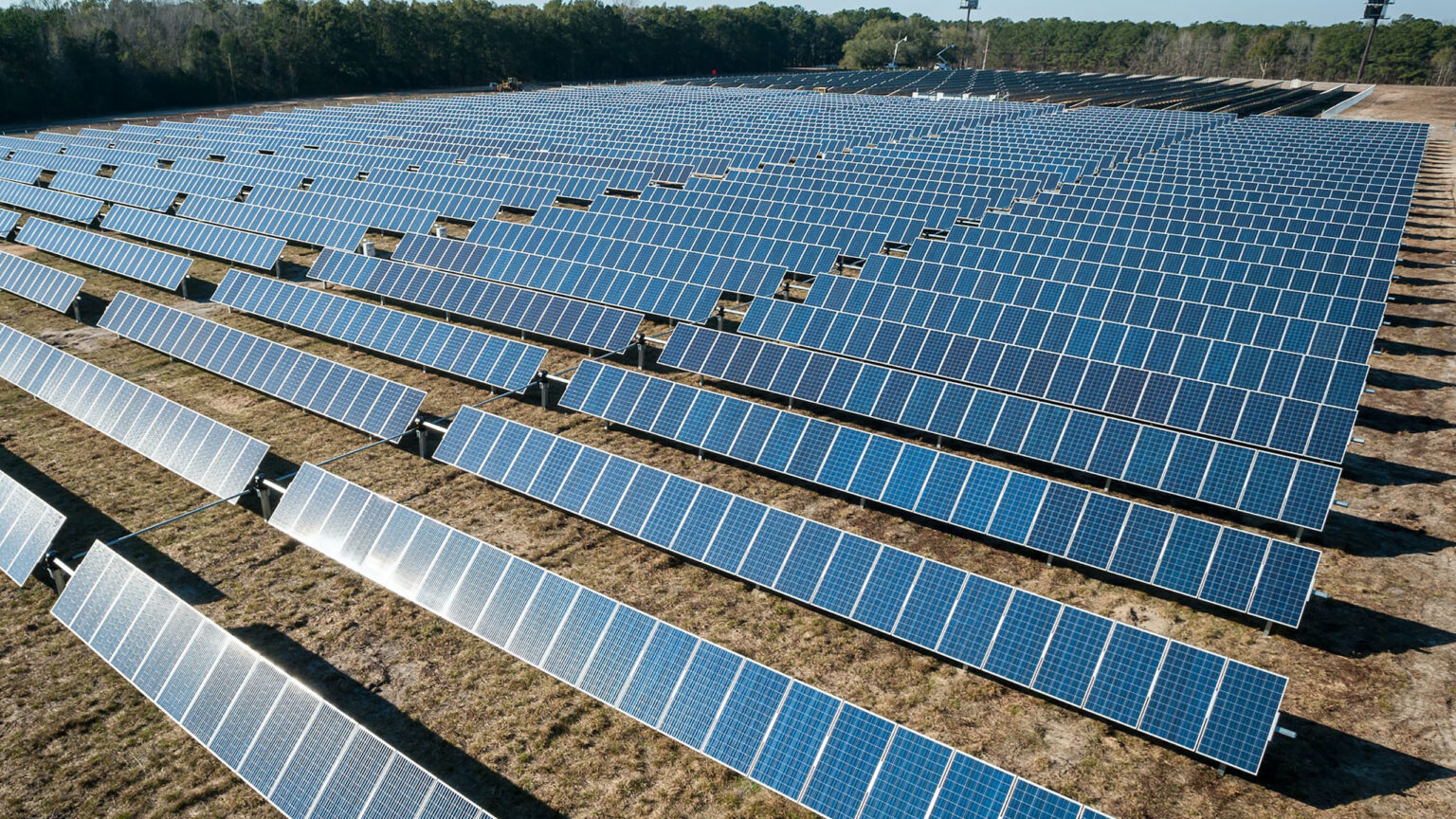- Globally, it’s time to usher in an era of sustainable resource management, embrace green practices, or face the risk of extinction.
- Achieving development without polluting our surroundings is not only vital for human well-being but is the bedrock of our very survival.
- Fuel subsidies provided to oil companies by governments have perpetuated the use of polluting fuels, leading to staggering mortality figures.
The world’s pursuit of progress and development has come at a hefty price, as pollution and environmental degradation threaten our very existence. Clean air, land, and water – the fundamental pillars of life – are now under siege due to unchecked industrialization and unsustainable practices. The question looms: Can humanity continue to advance without imperiling its own survival?
Sustainable financing
The urgency of the situation is crystal clear. Achieving development without polluting our surroundings is not only vital for human well-being but is the bedrock of our very survival. The strides made through industrial revolutions have exacted a severe toll, pushing our planet to the brink of ruin.
A deteriorating state of our natural assets – air, land, and water – now necessitates a global detox. It’s time to usher in an era of sustainable resource management, embrace green practices, or face the risk of extinction.
A sobering revelation strikes when we examine air quality. Shockingly, around one in five global deaths are attributed to poor air quality, a crisis that is “intentional.” A recent World Bank report unveiled a troubling link: fossil fuel subsidies provided to oil companies by governments have perpetuated the use of polluting fuels, leading to staggering mortality numbers.
Severe repercussions of land pollution
Agricultural subsidies, aimed at boosting productivity, have ironically bred inefficiency, inequity, and unsustainability. While the exact death toll linked to land pollution remains unspecified, the repercussions are catastrophic.
Water, another life-sustaining resource, is under siege due to subsidies enabling over-extraction and depletion. These subsidies also contribute to deforestation and the spread of diseases, particularly malaria. Oceans, as the Earth’s largest water reservoirs, are equally affected. Fishing subsidies have driven overfishing, rendering more than a third of global fisheries overexploited.
Governments and institutions must fathom the scale of the subsidies they offer to conglomerates. These subsidies, intended to foster growth, are inadvertently exacerbating environmental decay. The clarion call is for reform or repurposing of subsidies to align with sustainable practices.
The World Bank’s report titled “Detox Development: Repurposing Environmentally Harmful Subsidies” portrays a grim reality. Our traditional energy choices have pushed us to the brink of catastrophe, as climate change wreaks havoc.
Read also: Africa should adopt the 10-point plan by IEA to reduce oil and fossil fuel consumption
United Nations sustainable development Goal 7
However, amidst the gloom, a glimmer of hope emerges from the realm of renewable energy. Despite challenges, progress is being made toward the United Nations Sustainable Development Goal 7 – ensuring access to sustainable and modern energy for all by 2030. The International Energy Agency (IEA) predicts a promising trajectory, projecting that by 2040, almost half of global energy demand will be met by renewables.
Developing countries are poised to lead this transition, driving the demand for renewable energy. Africa, home to the largest population growth, stands as a potential linchpin in this shift. Although the correlation between economic well-being and the adoption of renewables in Africa remains a research question, the region is making strides in renewable energy adoption.
Africa’s potential to spearhead the transition is undeniable. As the continent embraces renewables, the promise of more jobs, lower food costs, and improved quality of life awaits its population. As the world pivots toward sustainable financing and development, the path forward lies in repurposing subsidies and aligning practices with the preservation of our planet and the prosperity of its inhabitants.
Also Read: What removal of fuel subsidy means for Niger
